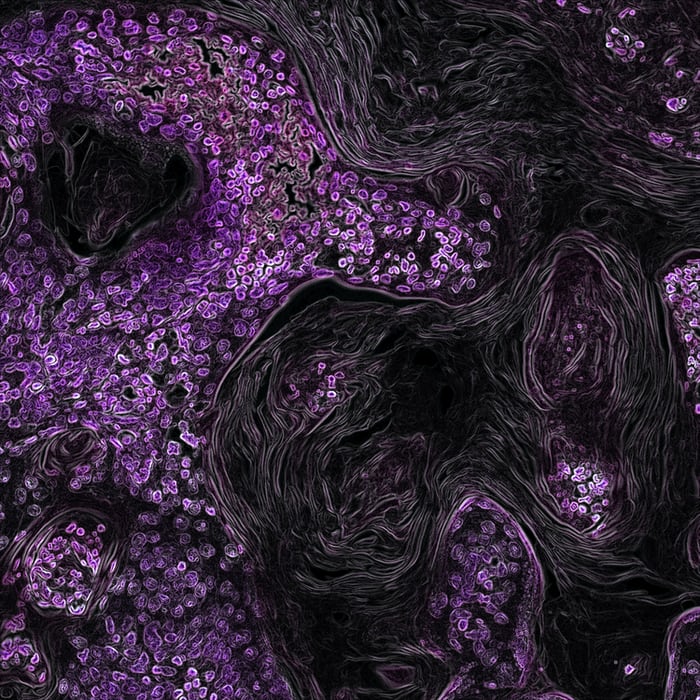 |
| lung cancer |
Lung Cancer - Early Detection Is Important
Lung cancer was a relatively rare disease at the beginning of the century, but it is now the most common cancer in the world. Various factors related to the disease are suspected, such as exposure to asbestos or radon, or as food or genetic factors. However, none of them is as important as tobacco in the incidence and mortality of lung cancer. The last century has seen a substantial increase in tobacco consumption in industrialized countries.
It is now the second most common cancer, accounting for one in six malaise in men and one in ten in women. And all research points to smoking as the cause. "How long it takes to get cancer depends on how many cigarettes you smoke a day," according to a report by an expert in the field. However, studies show that quitting smoking reduces the risk.
There are mainly two types of lung cancer: small-cell-lung-cancer - also known as oat cell cancer, as it resembles oat grains and non-small-cell-lung-cancer. The aggressiveness of the disease and treatment options depends on the type of cancer diagnosed. Many types of lung cancer grow and spread very rapidly and since the lungs are vital organs, it is usually important to detect and treat them by surgery to remove the tumor.
Men between the ages of 55 and 65 and women around 70 are at greater risk of getting lung cancer. Smokers have an 11 to 18 times higher risk of developing lung cancer than non-smokers. Non-smoking women have a 5 to 15 times higher risk than non-smokers. The risk increases with the number of cigarettes smoked per day and the number of years a person has smoked. The risk of lung cancer for non-smokers who are exposed to smoke in the environment is 35 percent higher than those who are not.
Lung Cancer Signs and symptoms
In many cases, symptoms do not appear until the cancer is at its peak stage. However, by then a tumor causes changes within the lungs.
Indications are:
Cough with blood in sputum;
Chest, arm or shoulder pain;
loss of appetite;
Weight loss;
Recurrent pneumonia;
SOB (shortness of breath);
bone pain;
Hoarseness;
Fatigue;
Swelling of the neck or face;
Headache.
Lung Cancer Early detection
There are no routine screening tests for lung cancer. With sputum analysis it is possible to detect at an early stage and some doctors order these tests, especially for those who smoke. However, there is no evidence that such efforts in lung cancer screening have a positive effect on treatment.
Considering the trends observed in lung cancer mortality, it is important for public health officials and stakeholders to determine the amount of lung cancer deaths in the coming years.
Image source: unsplash.com







